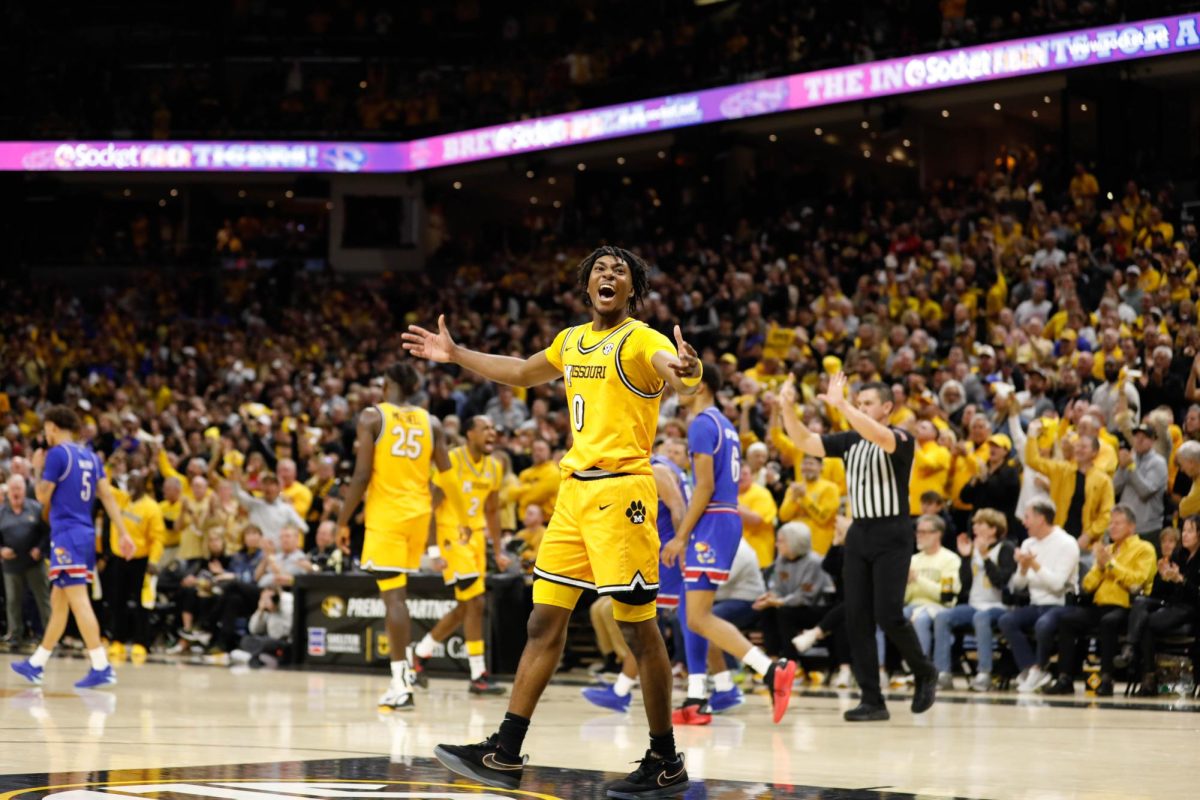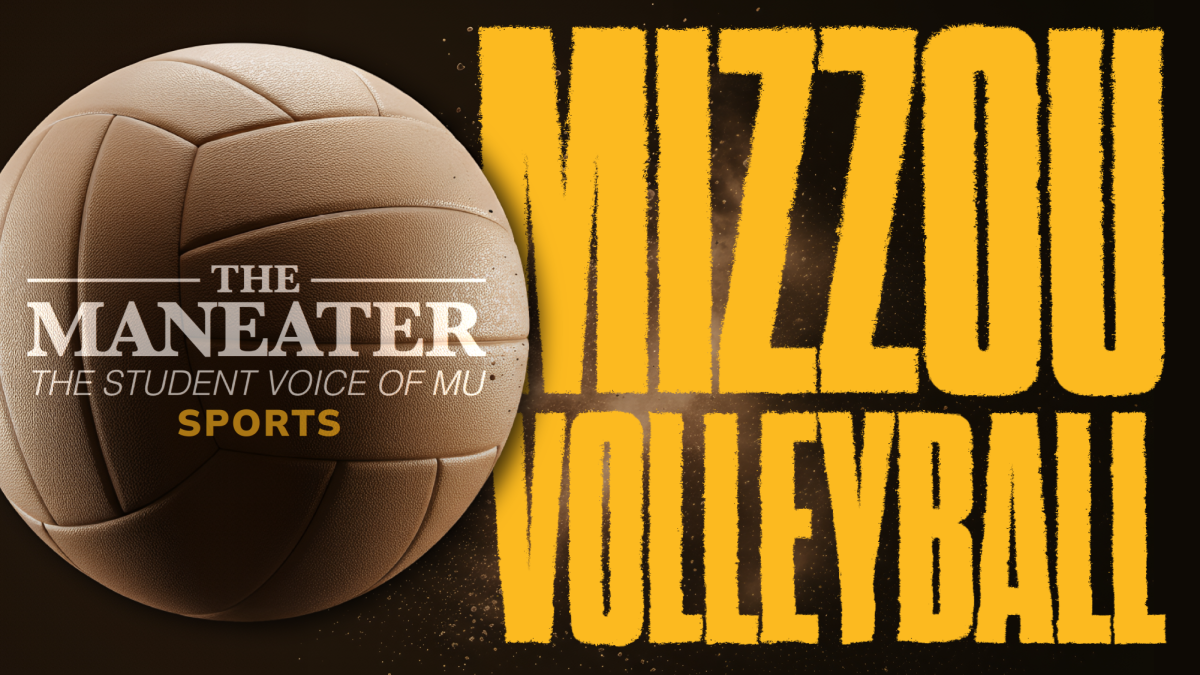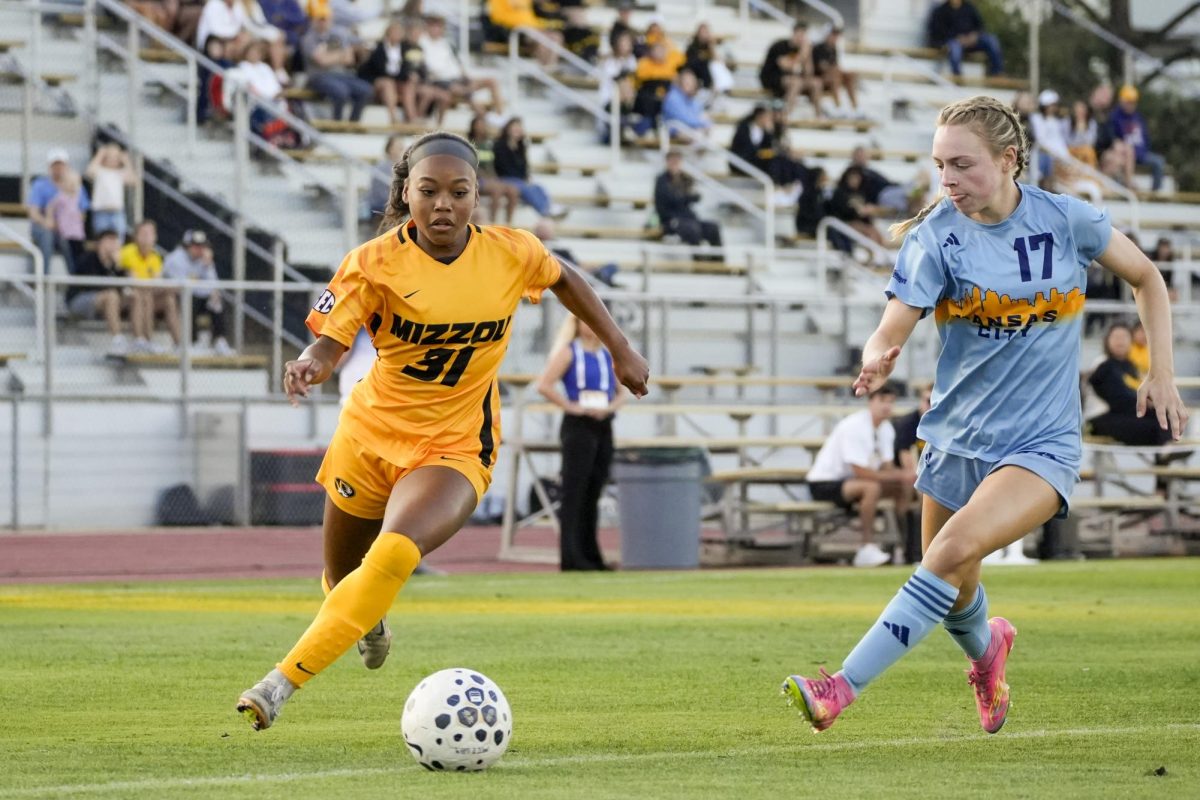In the sport’s world these days, money means everything.
Big cities — New York, Los Angeles, Chicago — are going to generate lots of revenue for their respective professional teams. But one thing seems to continue to ring true: Money doesn’t buy championships.
The New York Yankees, for example, disregard this concept and will pay just about anything to get a “proven” star to boost the talent of their team. As long as he’s at least 28 years or older, that is. The average age of the ball club is 31, making the Yankees the eldest among all the Major League Baseball teams.
While most teams are developing young players through their minor league systems, the Pinstripes are throwing millions at stars, most of whom are growing beards to their toes. The old men include Ichiro Suzuki, Mark Texeira, Brian Roberts and Alfonso Soriano.
What the hell was the New York Nursing Home thinking when they let Robbie Cano walk? Here’s a player, who on one hand is 31 years old and probably only has a handful of years left, but on the other hand is the best second baseman in the game. He hit .304 with 27 dingers and 107 RBIs last season.
In order to combat the Cano loss, along with Curtis Granderson, the Yankees decided to sign former Red Sox outfielder Jacoby Ellsbury to a $153 million contract over seven years. Talk about a slap in the face to Cano. They also added veterans (in every sense of the word) in Carlos Beltran and Brian McCann for an additional $130 million.
To cap of a busy offseason, the Yankees added Japanese ace Masahiro Tanaka for $155 million over the span of seven years.
Now the Yanks are left with an aging, five-man outfield, a highly injury-prone infield, a plethora of overpaid veterans and no Alex Rodriguez (that might actually be a good thing, though).
The Angels are another team trying to use a big payroll to purchase players who, on paper look dominant, but just don’t perform on the field.
A primary example of this is former St. Louis Cardinals standout Albert Pujols. Pujols decided to ditch the Lou for L.A., accepting a 10-year contract worth $240 million.
Perhaps he didn’t enjoy Missouri’s frigid weather?
For whatever reason, it was the Cardinals who received a compensatory pick in the 2012 MLB Draft, taking a player by the name of Michael Wacha. Seems to be working out well for the Redbirds so far.
The Angels finished third in the American League East the past two years and haven’t really contended with teams like the Oakland Athletics and the Texas Rangers, who have budding young stars.
My point: Certain organizations believe they can buy their success, which may be possible in some areas with the right free-agent pickups. But usually, teams who have developed players through their minor-league system begin to excel on the big stage. Having a good balance of veterans and youth helps the flow of the team.
You don’t necessarily have to be in a big market, either. Teams like Pittsburgh, St. Louis and Oakland all have made deep playoff runs in recent years without paying their players huge sums of money, yet they are getting the results.
No MLB season is perfect, as each team experiences its losing droughts and winning streaks. But a good balance of chemistry among the players goes a whole lot further than dollar signs.







